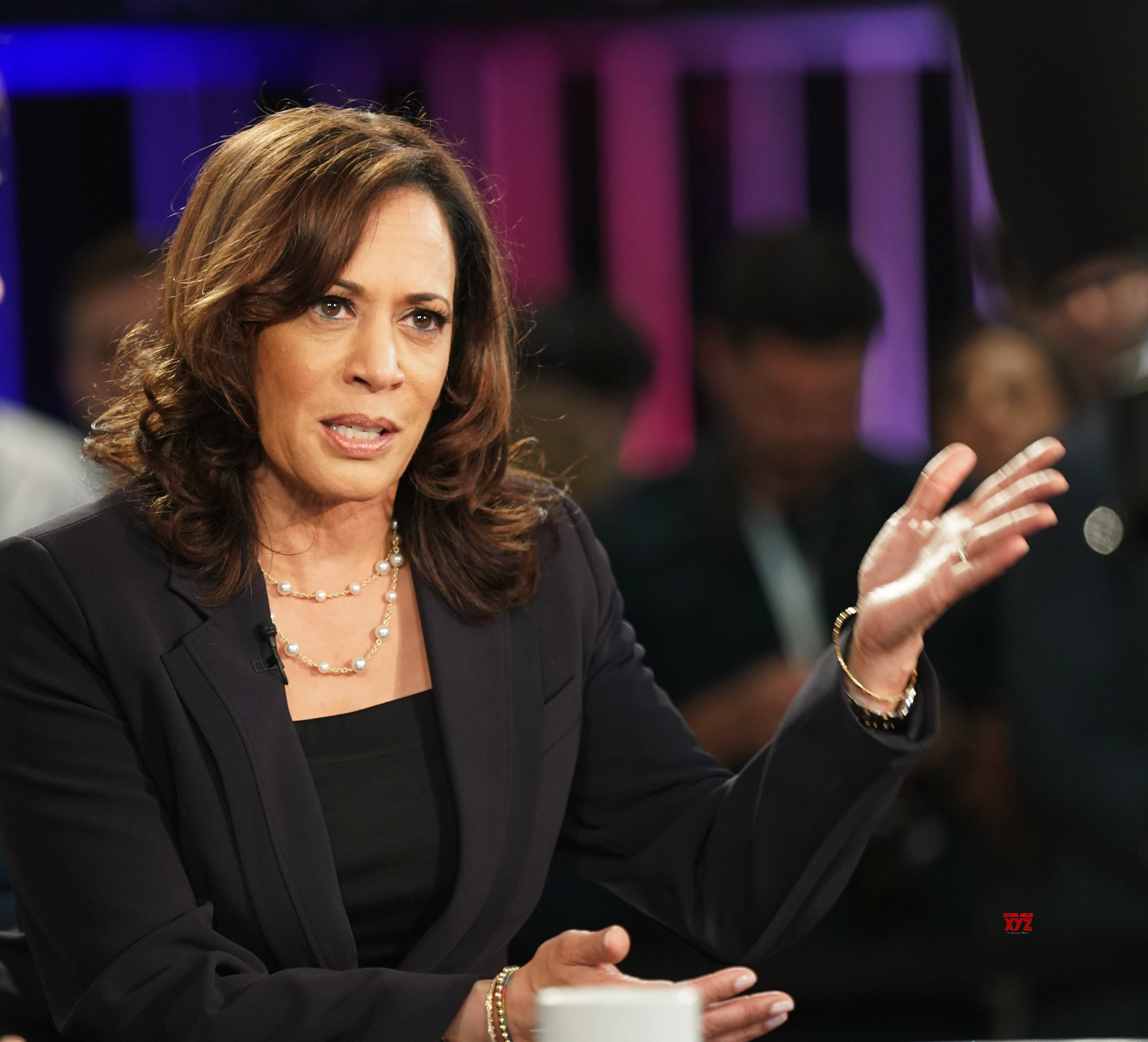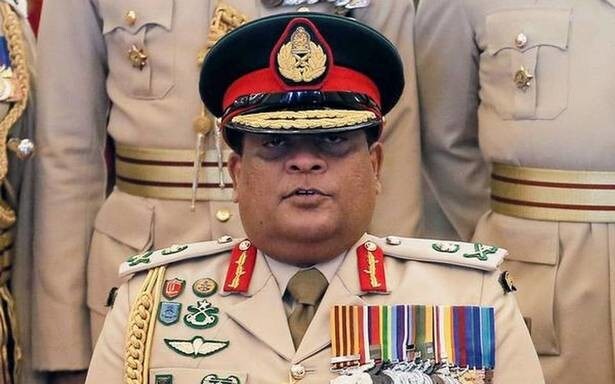 WASHINGTON: Prime Minister Nawaz Sharif had asked the ISI in May 1992 to continue its covert operations in Kashmir, despite a stern warning by the US that it could designate Pakistan as a state sponsor of terrorism, according to a new book by a former Pakistani diplomat.
WASHINGTON: Prime Minister Nawaz Sharif had asked the ISI in May 1992 to continue its covert operations in Kashmir, despite a stern warning by the US that it could designate Pakistan as a state sponsor of terrorism, according to a new book by a former Pakistani diplomat.
Instead of changing his course, Sharif supported the spy agency ISI and the Army noting that Pakistan cannot shut down military operations in India and to counter such a warning from the US, he decided to allocate USD 2 million as a first step to reach out to the American media and the Congress.
In fact, Sharif made his then special assistant Hussain Haqqani in-charge of the lobbying efforts in the US which the latter refused and then agreed to go to Sri Lanka on an ambassadorial posting, the book discloses.
The book ‘Magnificent Delusions’ by Haqqani, Pakistan’s former envoy to the US, is slated to be released next week.
Giving a detailed first person account of the events in May 1992, after a letter in this regard from the then US Secretary of State James Baker was delivered to Sharif, Haqqani writes that the letter was first ignored by Sharif.
In the letter dated May 10, 1992, Baker threatened that unless Pakistan discontinued its support for terrorism in Kashmir, the US might declare it a state sponsor of terrorism.
“We have information indicating that ISI and others intend to continue to provide material support to groups that have engaged in terrorism,” read the letter dated May 10, according to Haqqani in the book.
“I must take that information very seriously,” Baker wrote but discounted Pakistani claims that the support for the Kashmiri militants came from private groups and Islamist parties and not from the government… It appreciated Sharif’s earlier promises that ‘Pakistan will distance itself from terrorist activities against India’,” the letter said.
According to Baker, US law required applying “an onerous package of sanctions” against “states found to be supporting acts of international terrorism and I have the responsibility of carrying legislation.”
The letter was delivered to Sharif by the then US envoy to Pakistan Nicholas Platt who also attached talking points along with. The talking points said that the US is “very confident” of its information.
“Your intelligence – Inter-Services Intelligence Directorate and elements of the Army are supporting Kashmiri and Sikh militants who carry out terrorism,” Platt affirmed.
This support, Platt said, comprised “providing weapons, training and assistance in infiltration.” He insisted that “We’re talking about covert Government of Pakistan support,” the book says. After Haqqani brought the seriousness of the content of the letter to Sharif, the Prime Minister immediately called for a meeting with his top national security team.
The meeting held a few days later was attended by the then Army Chief Gen Ashif Nawaz; the ISI head Lt Gen Javed Nasir and foreign secretary Shehryar Khan; and the author himself.
Giving an account of the meeting, Haqqani said Nasir blamed the letter from the US a result of the “Indo-Zionist” lobby in Washington for America’s changed attitude towards Pakistan.
Nasir said that “Jihad in Kashmir” was at a critical stage and could not be disrupted, the book says.” We have been covering our tracks so far and will cover them even better in the future,” Nasir said.
“These are empty threats,” he added.
A confident Nasir said that the US was not in a position to declare Pakistan a terrorist state because of its strategic importance.
The Saudis and Pakistan were America’s only allies in the region, he averred, so the United States needed Pakistan to deal with the changing situation in Muslim Central Asia after the Soviet Union collapsed.
“All we need to do is to buy more time and improve our diplomatic effort,” Nasir emphasized. “(Let) the focus be on Indian atrocities in Kashmir, not on our support for the Kashmiri resistance,” the then ISI chief is quoted as saying.
“Sharif agreed with Nasir’s assessment, which reflected the consensus of the meeting. Shehryar and I were the only ones who said that Pakistan needed to reconsider its support for Kashmiri militants,” Haqqani writes.
Sharif, according to Haqqani, agreed with the assessment of the ISI that as long as Pakistan could be useful to the US, the US would remain favorably disposed toward Pakistan.
In fact, Nasir boasted that he knows how to handle the CIA. “We know how to take care of CIA,” he said. “We know what they need and we give them in bits and pieces to keep them happy.”
Haqqani writes that the final word at the meeting came from the army chief.
“Nawaz said that it was not in Pakistan’s interest to get into a confrontation with the United States but ‘We cannot shut down military operations against India either.'”
The army chief suggested that Pakistan get off the hook with the US by making some changes in its pattern of support for Kashmiri militancy without shutting down the entire clandestine operation, and that is precisely the policy Pakistan adopted over the next few years,” Haqqani writes. –PTI






